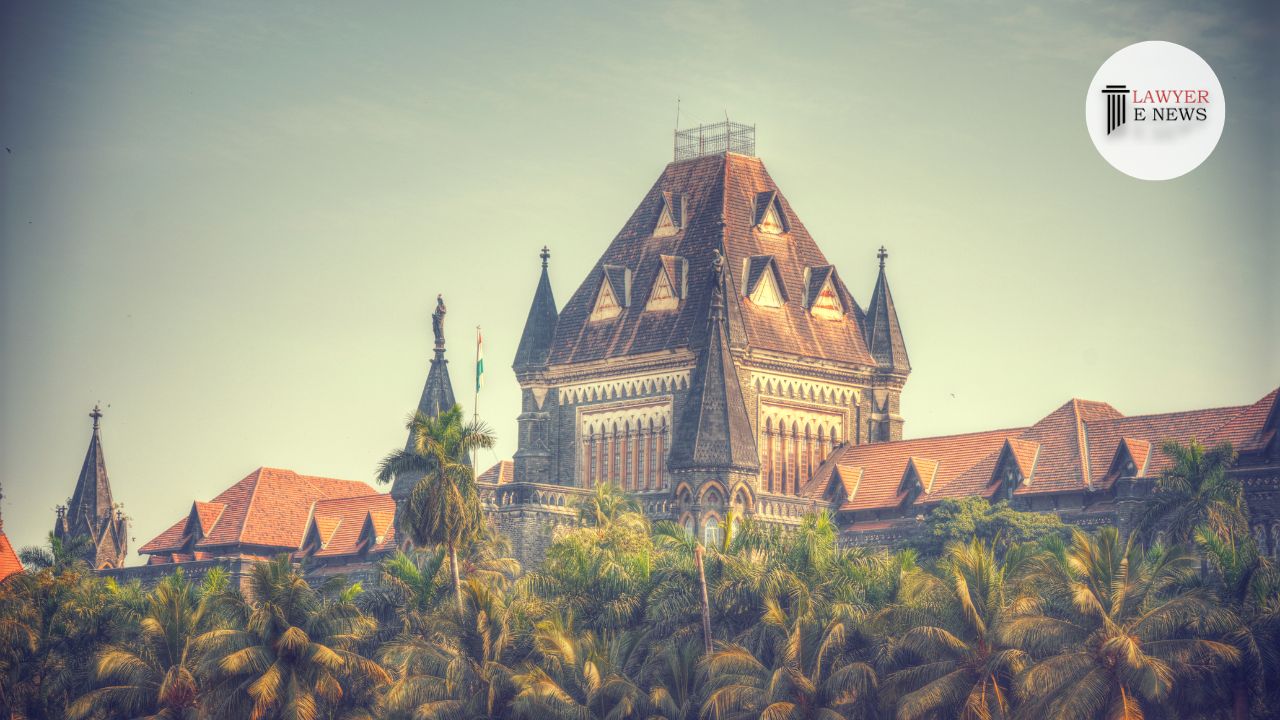-
by Admin
15 February 2026 5:35 AM



In a significant judgment, the Bombay High Court has ordered the refund of Rs. 2,57,405/- to Pradip Kolhe, a Christian religious leader, after his event was canceled due to the refusal of police permission. The court emphasized that withholding the deposit without legal grounds amounts to unjust enrichment and violates constitutional rights.
The petitioner, Pradip Kolhe, had planned to organize “Mumbai Shanti Mohotsav 2022 – A Prayer Meet” at the MMRDA Grounds in Bandra Kurla Complex, Mumbai. Following the standard procedure, he deposited Rs. 2,57,405/- as temporary Non-Agricultural charges with the Sub-Divisional Officer (SDO), along with other fees to various authorities. The event was canceled after the Bandra Kurla Complex Police Station refused to grant permission. Despite refunds from other authorities, the SDO withheld the deposit, prompting Kolhe to file a writ petition under Article 226 of the Constitution of India.
Absence of Forfeiture Provision: The court highlighted that there was no provision for forfeiture of the deposit in the event of the event’s cancellation. “A refund would obviously be an entitlement of the Petitioner commonsensically. A forfeiture of such amounts would clearly and unambiguously amount to unjust enrichment in the hands of the Respondents,” the bench remarked.
Violation of Constitutional Rights: The court noted that the refusal to refund violated the petitioner’s constitutional rights under Articles 14, 19(1)(g), and 21. The bench held that withholding the deposit without legal basis was an infringement on fundamental rights.
The judgment discussed the principles of unjust enrichment and the legal obligation of authorities to refund amounts collected without authorization. The court referenced several precedents, including the Hongkong and Shanghai Banking Corporation vs. Union of India case, to support its decision. “The absence of any such term or condition in the application/contract/agreement, or statutory provision or circular would clearly disentitle the Respondents to withhold or forfeit the amounts received for permissions sought to conduct an event,” the court stated.
Justice Kamal Khata remarked, “The absence of any policy or statutory provision to withhold the refund leaves no room for doubt that the petitioner is entitled to the refund.”
Interest on Refunded Amounts: While acknowledging the petitioner’s entitlement to interest on the withheld amount, the court noted that the petitioner’s counsel did not press for interest due to its insignificance. However, the court recognized interest as a normal accretion on capital, citing the Supreme Court’s decision in Alok Shanker Pandey v. Union of India.
The Bombay High Court’s decision mandates the immediate refund of the deposited amount, reinforcing the principle that authorities cannot withhold funds without clear legal justification. This judgment is expected to set a significant precedent, ensuring that public authorities adhere to legal and constitutional mandates when handling deposits and refunds.
Date of Decision:16th May 2024
Pradip vs. The State of Maharashtra & Ors.
